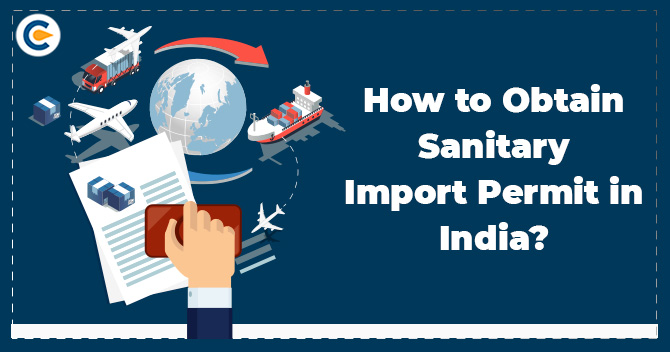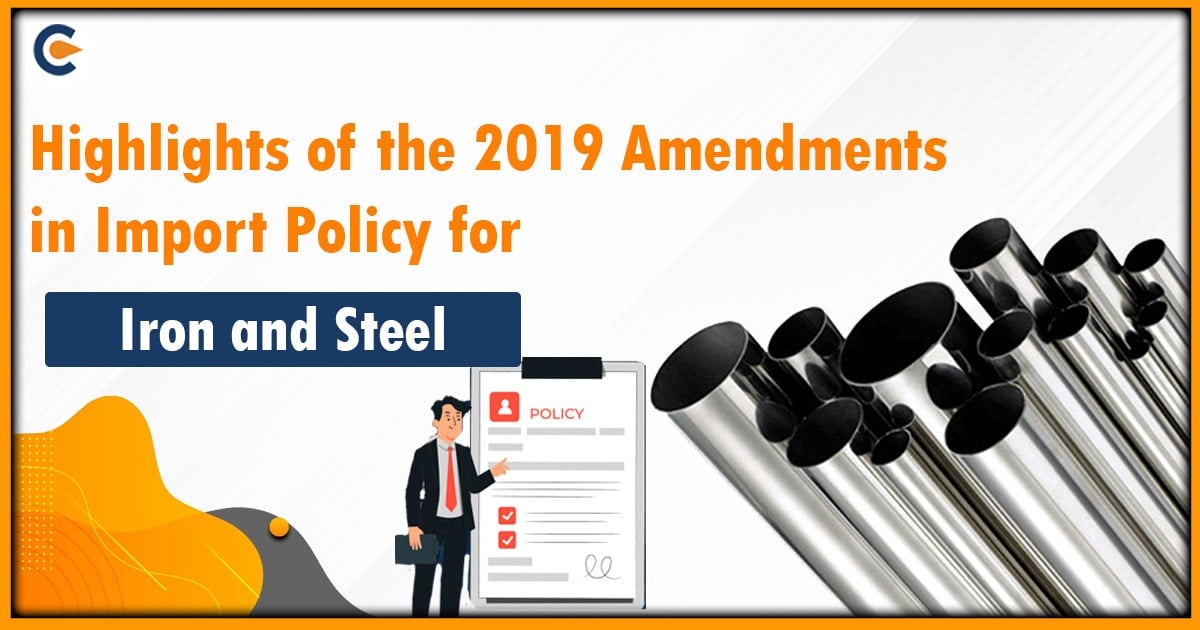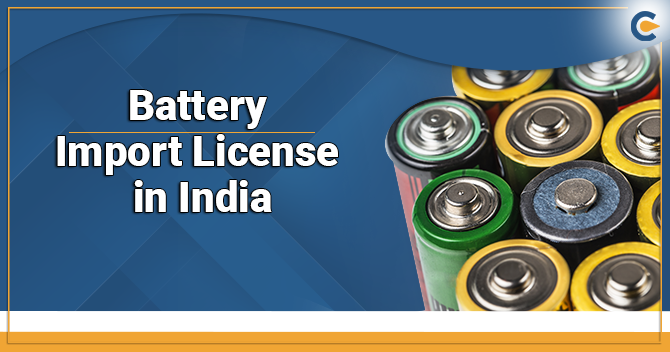According to norms underpinned by the Ministry of Agriculture, it is compulsory for the importer of animal products to secure sanitary consent from the customs while importing meat, eggs, dairy products, pet food embryos, ova or semen. Section 3 & 4 under the Livestock Importation Act, 1898 seek to regulate the trade of livestock items. Further, the said sections seek to mitigate the foreign diseases penetratingthe nation via the importation of livestock and its products.
What is Sanitary Import Permit?
Sanitary Import Permit refers to a legal document stating the sanitary conditions rolled out by the GOI to import livestock and livestock products. It is not a license but a legal document that directs exporting nations to comply with sanitary conditions provided under the Livestock Importation Act, 1898.
The intent of the Sanitary Import Permit
Traders are allowed to import animal and animal products from the exporting nation only via airports or seaports. Fish products from Bangladesh can be shipped to India via the Land Customs Station at Petrapole.
There is a high probability of livestock items transferring diseases from the nations involved with exportation.
The Sanitary Import Permit system aims to checklist the sanitary norms cited and validated by the certified veterinarian of the exporting nation to undermine the threat of transfer of foreign diseases in the country.
Mandatory Documents to be arranged by Applicant
- The trader or the importer intending to import the livestock item from abroad that are meant for human consumption should enlist the purpose of the business to obtain a license from the Food Safety Authority of India.
- A copy of the FSSAI license
- A brief description of the intended product and the portfolio should be attached.
- Importers importing dairy-related items must obtain an FSSAI license according to the Prevention of Food Adulteration Act, 1954[1].
Application Procedure for Sanitary Import Permit
Traders or importers are required to follow the below-mentioned procedure to apply for Sanitary Import Permit:
- The Applicant must head over to the SIP web portal and log in to the same.
- On the home page, tap on the “apply online option” and fill in forms A & B and attest all the required documentation.
- After submitting the documents in the requested format, proceed to the online payment gateway to submit the application fee.
- Once the application is validated and processed by the SIP authorities, it will be updated on the authority’s portal. The print facility is also available on the portal.
- The Department of Animal Husbandry, Dairying and Fisheries shall forward an email to the Applicant’s registered ID in case of any error or default identified by the officials during verification. The Applicant is liable to fix these errors within the prescribed timeline by logging into their account.
Key points to ponder regarding registration
- Applicants with a valid Import Export code certificate can be registered only once, and the applicants can furnish new applications with their registered credentials.
- The Applicant should register their contact number to recover the password via One Time Password.
- The applicants can change their particulars entered whenever deemed necessary.
Validity of the Sanitary Import Permit
The validity of the Sanitary Import Permit differs depending upon the livestock items and from 3 months to one year. The importer can import as many consignments as needed as per the quantity allowed by the SIP within the stipulated timeframe.
The Department may stretch out the validity of the permit on request and the norms under which the permit is conferred as follows:
- When shipped via the seaport, the date enclosed in the Bill of lading shall be deemed as the imported data, and the expiration shall be accounted for accordingly.
- When shipped via the airport, the date of the airway bill provided manifests the date on which goods left the last airport is deemed to be the effective importation date.
- When shipped from Land-Locked nations, the dispatch date of goods by road, rail, or other modes of transport to the consignee in India via consignment basis.
- When shipped via post parcel services, the date of the official stamping relating to dispatch on the packet
- When transported via Courier Services, the date enclosed on the Courier Receipt e-Waybill shall be considered as the imported data.
- When shipped via other Multimodal Transport, the date of handing over items to the first carrier in a combined transit bill of lading shall be deemed as the date of import.
Other Conditions pertaining to the permit
- The traders who are exporting and importing livestock items tagged as restricted under the Export-Import Policy should obtain a license from DGFT, i.e. Director-General of Foreign Trade.
- Traders intending to import live animals should secure a pre-import NOC from the competent authority and secure the quarantine and animal certificate.
- The importers of aforesaid subject matter should avail permission from the Regional Officer/Quarantine Officer of the concerned ports and display the copy of IEC and the health certificate (issued by the certified veterinarian) for the veterinarian seven days prior to boarding.
- Testing animals for any rare diseases should be performed in the exporting nations, and the report must be shared with the port along with the animals.
- In case of breach of rules and conditions by the importer, the import permits shall be subjected to cancellation by the concerned authorities with the informing the importer.
Conclusion
The sanitary import permit refers to a document granted u/s 3 (a) of the livestock importation act 1898 legalizing the import of livestock and livestock products. It doesn’t serve as a license but manifests the sanitary norms to be met by the exporting nation before importing livestock products into India. The livestock product may be infected with rare diseases that are not prevailing in our nation. Henceforth, the sanitary import permit aims for sanitary directions to be authenticated by the official veterinarian of the exporting nation to undermine the risk of ingress of exotic diseases.
Read our Article:Process to Set up Export and Import Business in India













